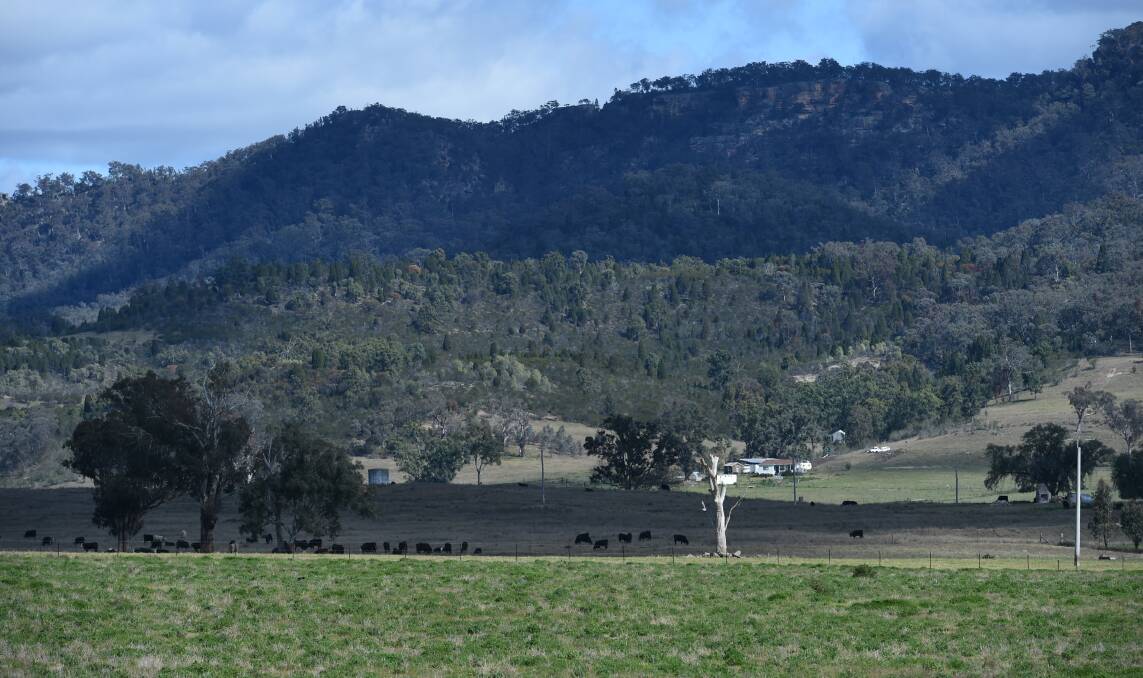
NSW Planning Minister Rob Stokes has backed the NSW Independent Planning Commission's refusal of the Bylong coal mine.
Subscribe now for unlimited access.
$0/
(min cost $0)
or signup to continue reading
The refusal was significant "as mining is incredibly important to the NSW economy", he said in a statement after the decision today.
"We welcome big investments in NSW, but the IPC has determined that, on balance, this project would do more harm than good for future generations," Mr Stokes said.
Lambton High student Alexa Stuart, an organiser of Friday's Newcastle Student Strike for Climate Change Action, welcomed the IPC's decision which was based in part on the Bylong project's "intergenerational inequity".
Ms Stuart said the decision was "inspiring" and "is making it clear to us that there is change, which is why we'll be striking on Friday".
KEPCO proposed to develop an open cut and underground coal mine producing up to 120 million tonnes of coal over 25 years for the Korean domestic energy market. It bought the exploration licence from Anglo American in 2010 and spent $750 million developing the project, including spending $150 million buying 13,000 hectares of the historic Bylong Valley after "encouragement" from the NSW Government and Department of Planning.
But the long-term environmental costs of approving the mine, including the contribution to climate change, "will be borne by future generations" and the project was not in the public interest, the commission found in a long-awaited decision.
More than 200 million tonnes of emissions from burning Hunter coal to produce electricity in South Korea played a part in the landmark decision, the IPC's final determination shows.
The commission rejected a greenfield coal mine for the first time based in part on the ramifications of continuing to export coal, and the global climate change impacts when Australian coal is burnt overseas.
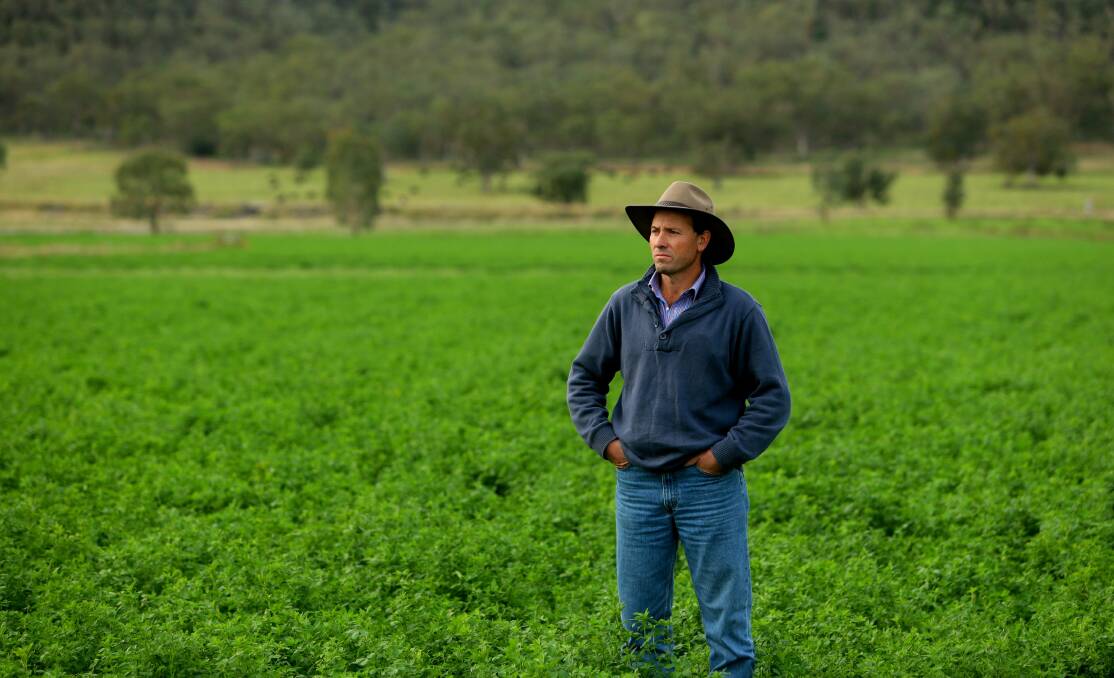
The commission rejected Department of Planning submissions that the NSW Climate Change Policy Framework, and its target of net zero emissions by 2050, had "no direct bearing" on the commission's assessment of coal mine projects.
The policy requires state entities to "investigate how to embed climate change emissions savings and adaption in government decision-making".
The commission found the policy "must be considered" when it made decisions.
The Environmental Defenders Office (EDO NSW), which acted on behalf of the Bylong Valley Protection Alliance, said the decision was particularly notable because the project was recommended for approval by the Department of Planning.
EDO NSW chief executive David Morris said the refusal was "another significant step towards avoiding dangerous climate change" and demonstrated the significance of the Rocky Hill decision.
"This mine would have been even bigger, in fact much bigger, than Rocky Hill, with concomitantly bigger carbon impacts. In helping to stop this development we acted in the public interest to constrain emissions and climate change impacts," Mr Morris said.
Muswellbrook mayor Martin Rush welcomed the decision and called on the NSW Government to immediately negotiate with KEPCO to purchase the land back and rebuild the Bylong community.
"I don't know any coal miners who thought mining the picturesque and fertile Bylong Valley was a good idea," Mr Rush said.
"KEPCO was the victim of a planning system that does no actual planning for mining. We should have a planning system that front-loads some of the planning decisions in consultation with communities, workers and their union and which builds productivity in the industry by ensuring future mines are those which will operate most competitively," he said.
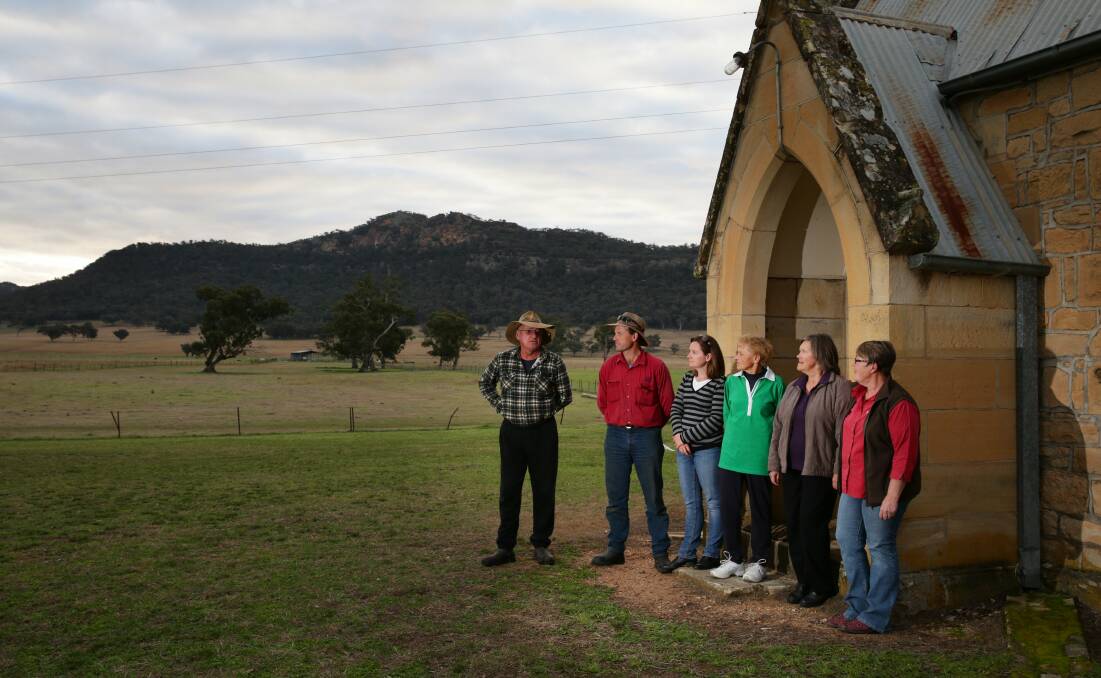
He said the NSW Government that encouraged KEPCO to buy 13,000 hectares of Bylong land had a responsibility to help the Bylong community rebuild and oversee the orderly reinstatement of the land.
Bylong sheep farmer Phill Kennedy said he was "over the moon the commission has made the right decision".
Lock the Gate Alliance spokesperson Georgie Woods said Bylong was "the wrong place for a coal mine and this is the wrong time for NSW to be opening up new areas for coal exploitation as the world tries to halt global warming."
The Korean Government-backed Bylong coal mine was refused in a landmark ruling acknowledging the "intergenerational inequity" of mining impacts, in a decision slammed by the NSW Minerals Council as an "utter failure" of the planning system.
The predicted economic benefits of the mine between Denman and Mudgee would "accrue to the present generation but the long-term environmental, heritage and agricultural costs will be borne by the future generations", the IPC said.
Those costs would include the impacts of climate change after the IPC, for the first time, included consideration of emissions from Hunter coal burnt in another country as a reason for rejecting a new mine.
"All direct and indirect greenhouse gas emissions will adversely affect the NSW environment," the IPC found in line with Land and Environment Court Justice Brian Preston's acceptance of a "carbon budget" to keep global warming below 2 degrees, in his landmark rejection of Gloucester's Rocky Hill mine in February.
The IPC found Korean energy company KEPCO reduced the controversial mine's size and mitigated impacts. But while it would provide more than 800 direct and indirect jobs over 25 years, the impacts on groundwater were unacceptable, leading to "intergenerational consequences". The IPC also rejected KEPCO assurances it could rehabilitate 400 hectares of high grade agricultural soil after mining.
Bylong resident Warwick Pearse, who described KEPCO's buy-up of more than 13,000 hectares of Bylong Valley land for the project as the "silencing of dissent", said the mine's refusal was "wonderful" but the Bylong case "underlines the need to actually give legal protection for prime agricultural land".
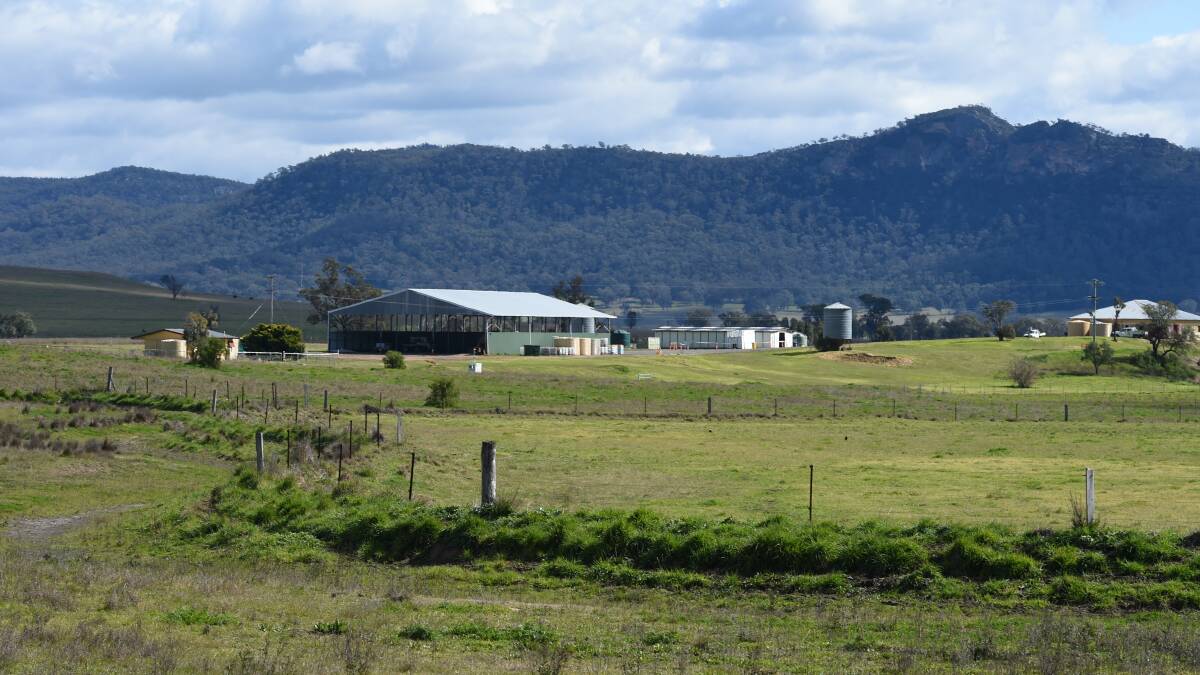
"This farmland should never have been put at risk in the first place," Mr Pearse said.
NSW Minerals Council chief executive Stephen Galilee said the refusal by the "faceless" IPC "represents everything that is wrong with the NSW planning system".
He accused the NSW Government of leaving the economic future of regional NSW to "an unelected and unaccountable body".
"This refusal is a massive lost opportunity for the local region, and in particular the communities of Kandos and Rylstone, where the economic injection from the jobs and investment associated with the project are desperately needed."
Mr Galilee said the refusal came after more than seven years of assessment, including repeated changes to the assessment processes, highlighting "just how difficult and complicated the current NSW planning system has become".
"The role of the IPC demonstrates how the NSW Government has allowed the economic future of regional NSW to be left at the mercy of an unelected and unaccountable body," he said.
"This is an absurd and dangerous economic approach that risks making NSW an international investment laughing stock, losing investment and jobs due to uncertainty on who sets planning policy in NSW - faceless bureaucrats or elected representatives?"
The NSW Government could not rely on public infrastructure spending and a possible Sydney housing recovery to secure the future of the NSW economy, and it had to acknowledge the planning system was "a major threat to the NSW economy", Mr Galilee said.
But Climate Council chief executive Amanda McKenzie applauded the Bylong refusal, saying coal was "the new asbestos and nobody should touch it".
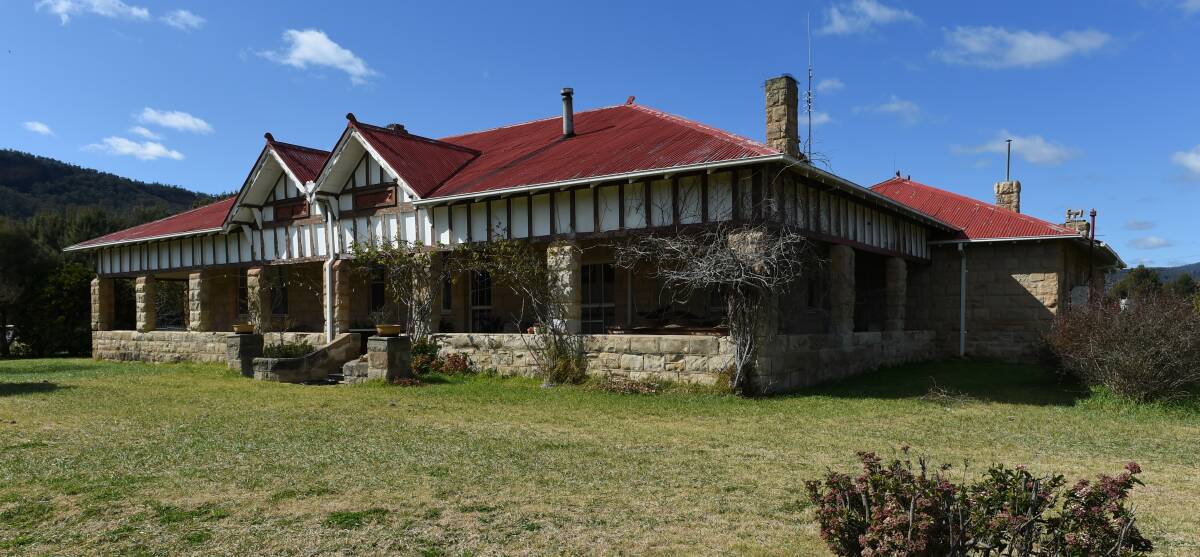
"Today's decision is hugely significant and appropriate just days ahead of the global climate strike and global climate week in New York. This decision is one that considers our young people and future generations," Ms McKenzie said.
The Bylong refusal, the IPC's rejection of Dartbrook's five-year extension and February's Rocky Hill coal mine refusal were part of a transition away from fossil fuels that presented Australia with opportunities, Ms McKenzie said.
"Simply put, coal is on the way out and Australia is perfectly positioned to take advantage of the global renewable boom that is underway," she said.
"As the sunniest and one of the windiest countries in the world it is a no-brainer."
The Land and Environment Court Rocky Hill decision and the IPC Bylong decision showed a shift in thinking by decision-makers.
"It's great to see the law finally catching up with the science," Ms McKenzie said.
The United Nations Climate Action Summit will start in New York from September 23 after a call for countries to "boost ambition and accelerate action" to meet Paris Agreement targets to reduce global warming.

